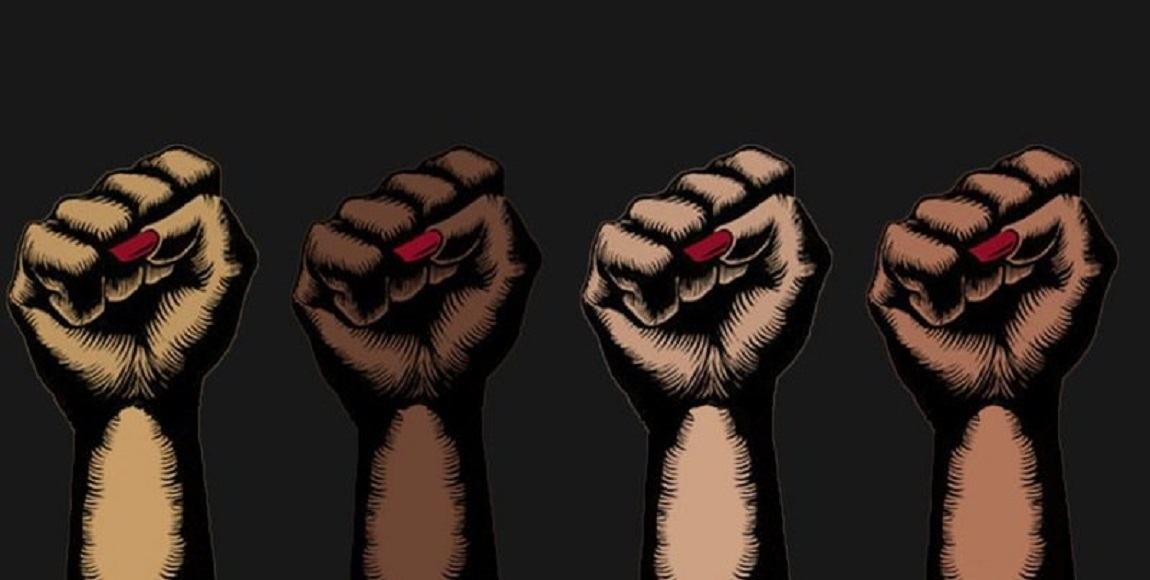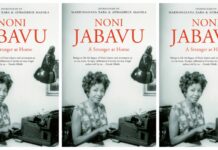With the exception of couple of men, about 50 women gathered at the Hlanganisa Institute for Development in Southern Africa (HiDSA) in Parktown on Women’s Day for the launch of a gender-based advocacy campaign.
The campaign, called “Ending Impunity on Violence against Women” aims to focus on how the police and the National Prosecuting Authority (NPA) let perpetrators of violence against women get away with their crimes against women.
Five legal organisations that focus on women’s rights, HiDSA, the Initiative for Strategic Litigation in Africa (ISLA), People Opposing Women Abuse (POWA), the Tshwaranang Legal Advocacy Centre, and the Women’s Legal Centre (WLC) are teaming up to give access to the justice system to women who report their abuse and were failed by SAPS and the NPA. Last week, when deputy higher education minister Mduduzi Manana was accused of assaulting a woman at a nightclub over the weekend, the public was outraged that the SAPS failed to arrest him. He appeared in court on Thursday and was granted R5 000 bail.
Sibongile Ndashe, executive director of ISLA, said their key entry point was to fill what they called the “missing middle”. The missing middle originated when constitutional litigation started and lawyers began developing common law consistent with the constitution, she said. The organisers are concerned with the constitutional right to be free from violence and how the state can be held liable for failing to protect women in certain cases.
However, there are not enough organisations that provide legal aid for women to hold the state accountable for its negligence.
The ability of a woman to navigate through a patriarchal court system is difficult. We need to assist women. #endimpunity4vaw
– The Daily VOX (@thedailyvox) August 9, 2017
The campaign will collect statements from victims who have been let down by the state – in police stations and during prosecution – to create a body of evidence.
We want a body of evidence to show what women are subjected to when they ask for assistance at the police stations. #endimpunity4vaw
– The Daily VOX (@thedailyvox) August 9, 2017
From this evidence, they will take three steps:
- Develop effective cases for victims to be able to sue the state for its violations;
- Refer complaints about the police to the Independent Police Investigative Directorate – the agency that monitors police conduct; and
- Start a public campaign for survivors who had not received state support to tell their stories of how the state failed them. These can be told in various forms like poetry, music, and storytelling.
Ndashe acknowledges that they are asking women to go through channels that they do not trust. The police often subject women to “secondary victimisation, negative stereotypes, victim blaming, insensitivity and humiliation,” she said. However, they need to be held accountable. “What did the police do that they weren’t supposed to and what didn’t they do that they were supposed to?” she said.
We need to look at the role of IPID in responding to reports that police had raped, it is currently unclear. pic.twitter.com/dLVwJb2XA9
– The Daily VOX (@thedailyvox) August 9, 2017
The response to gender-based in South Africa needs to be multi-faceted and needs to include a legal response, she said.
We all believe in a multi-pronged struggle. We are doing this to push for that. #endimpunity4vaw pic.twitter.com/7KaMAdrQsA
– The Daily VOX (@thedailyvox) August 9, 2017
Ndashe is aware of how skeptical social movements are about the law, which they believe is elitist. The campaign aims to do things differently and work with lawyers embedded in social movements.
Despite the lack of trust in the NPA and police, these are the state channels to hold perpetrators of violence against women accountable. “The irony is that whenever something happens, even if you want to talk online about your experiences, patriarchy’s foot soldiers will jump on you and say, that’s defamation, go to the police and the courts, that’s where these issues are dealt with,” Ndashe said.
Sibongile, ISLA: there is scepticism in using the law to fight violence against women because the law is guilty of secondary victimisation.
– The Daily VOX (@thedailyvox) August 9, 2017
Ndashe says it doesn’t help that we have such progressive legislation if the most vulnerable are unable to access it. “We can’t say there is a constitution if people fail to access their rights,” she said.
In the long term, the campaign hopes to fill the gap in the missing middle and provide legal services to women who need it.









